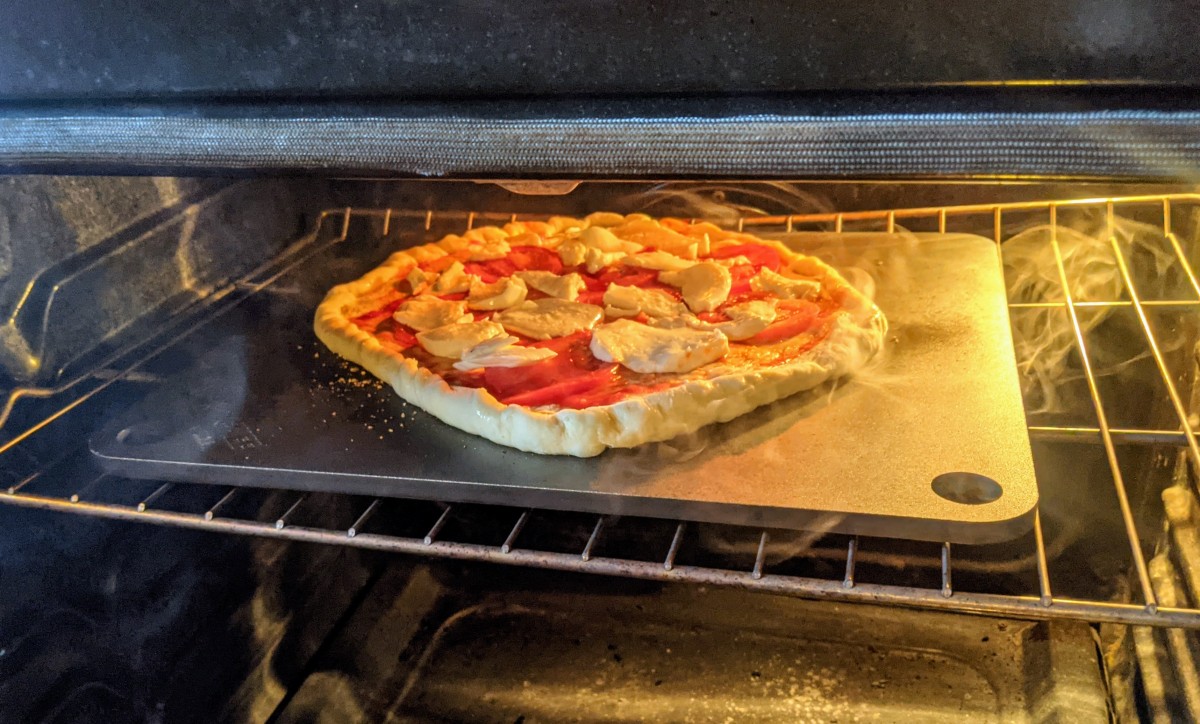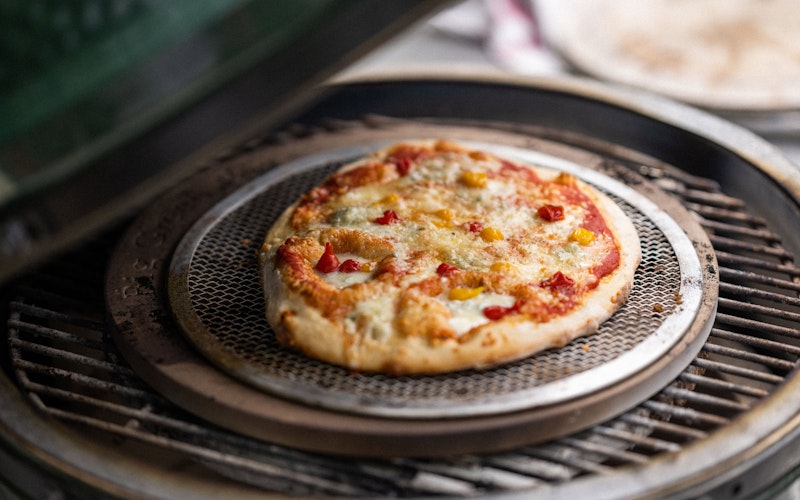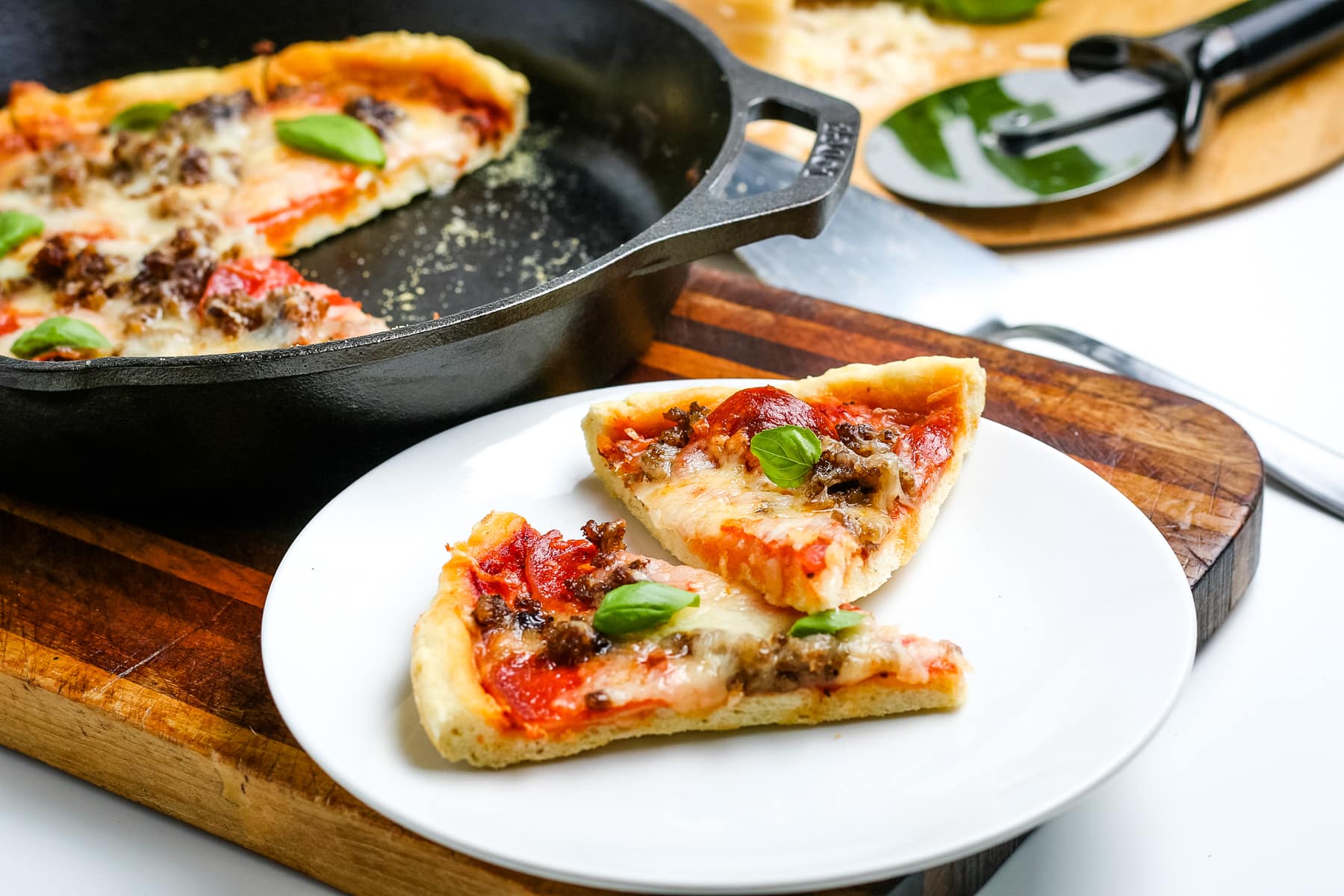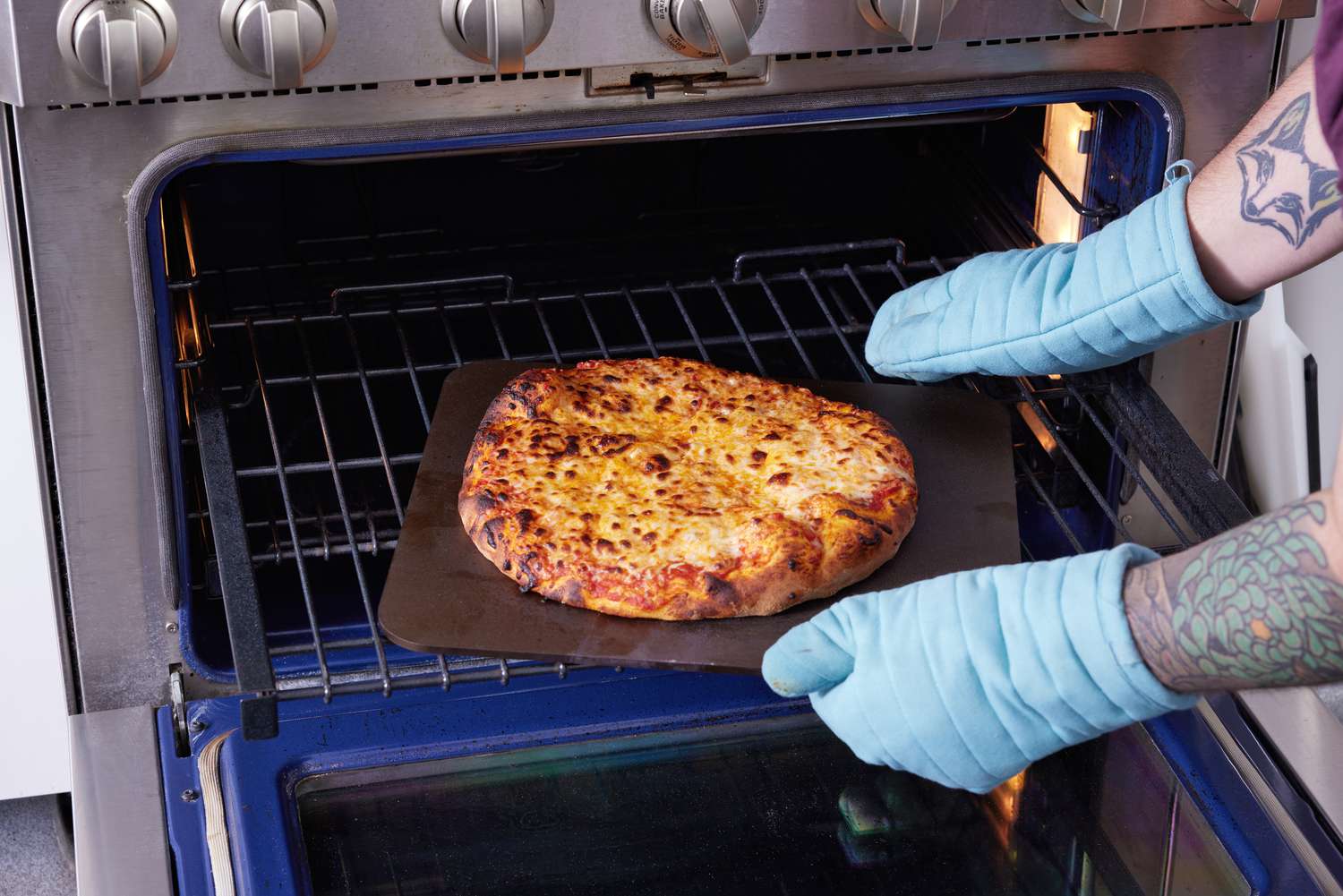Baking Stone Safety Tips: Unmissable And Terrific Insights
In the heart of bustling kitchens, where aromas weave tales of culinary emotion, baking stones stand as silent arbiters of warmth and wonder. As kitchen professionals know, these sturdy surfaces can turn a humble dough into a delightful feast. But, amidst the hustle and hustle, it is crucial to remember the baking stone safety tips to ensure that our culinary adventures remain not just delicious, but also safe.
Baking stones are synonymous with creating the perfect crusty texture that many culinary experts and food lovers crave. However, as these remarkable stones require high temperatures for optimal performance, safety becomes paramount. This article will not only delve into these essential baking stone safety tips but will also provide an engaging exploration of allied suggestions tailored for every baking aficionado.

Understanding The Tremendous Technology Behind Baking Stones
Before we plunge into the safety tips, it's imperative to comprehend the technology and methodology of baking stones. These terrifically useful tools are constructed either from clay, granite, tile, or even terracotta.
Interestingly, each type of baking stone carries its own properties, thereby setting diverse performance benchmarks. A baking stone's porous nature allows it to absorb moisture from the dough, ensuring a crispy base for your pizzas, breads, or pastries. For more insights on the benefits of different types of baking stones, visit this article which delves into their uniqueness.
Delighted Preparation: How To Properly Heat Your Baking Stone
Many enthusiasts may question the importance of preheating baking stones, yet it's a delicate dance of temperature that ensures culinary perfection. A baking stone needs at least 30 minutes at high heat to reach its optimal working temperature. Failing to preheat can result in uneven cooking and an unsatisfactory crust.
As an internal resource, you may refer to the comprehensive Baking Stone Temperature Guide to perfectly calibrate your oven settings and baking duration.
Shocking Revelations: Handling Cracks and Breakages with Care
Cracks and breakages are among the most common concerns gripping kitchen maestros using baking stones. While a crack in itself might seem harmless, it often signals a deeper vulnerability. Remember never to subject your baking stone to rapid changes in temperature. Rinse gently and avoid cold water immediately after use. This small step can deter thermal shock.
Remarkably, if a crack does appear, desist from using the baking stone until it has been properly assessed. For a safe and careful evaluation of the best options, check out the article on the topic at Maria's Condo.
:max_bytes(150000):strip_icc()/pizza-stone-testing-winners-lodge-pre-seasoned-cast-iron-baking-pan-wdickey-3-02-a8dc06f53f5d4be89d55a499294de19b.jpg)
Spicing Up Safety: Regular Maintenance And Hygiene Practices
The brilliance of using a baking stone lies not only in its cooking capability but also in its maintenance-friendly nature. Nevertheless, routine cleaning and care are vital. Avoid soap or detergents, as they may seep into the stone's porous surface.
Instead, utilize a scraper or brush to remove residual food. If necessary, rinse using warm water and let it dry naturally. Explore this blog post that elaborates on using baking stones effectively.
Big Reminders: Storage And Longevity
While the culinary journey with your baking stone is exhilarating, ensuring its longevity necessitates mindful storage. Store your baking stone in a cool, dry area away from heavy kitchen ware, preventing unnecessary strain on it.
An unmissable article on how to balance efficiency and longevity is available at this link, drawing comparisons between baking stones and pizza steels.
Frequently Asked Questions
Can you use soap to clean a baking stone?
No, its advisable to avoid using soap. Soapy water can be absorbed by the stone and affect the taste of future dishes cooked on it. Instead, use a scraper and warm water to clean.
What should I do if my baking stone cracks?
First, ensure its safely removed from the oven. Discontinue use until you can assess the severity of the crack and decide if replacement is necessary. Avoid temperature shocks to prevent further cracks.
How long should I preheat my baking stone?
A baking stone should be preheated for at least 30 minutes to ensure it evenly distributes heat throughout your cooking venture, promoting crispy and delicious dishes.
This article contains affiliate links. We may earn a commission at no extra cost to you.






Leave a comment
This site is protected by hCaptcha and the hCaptcha Privacy Policy and Terms of Service apply.